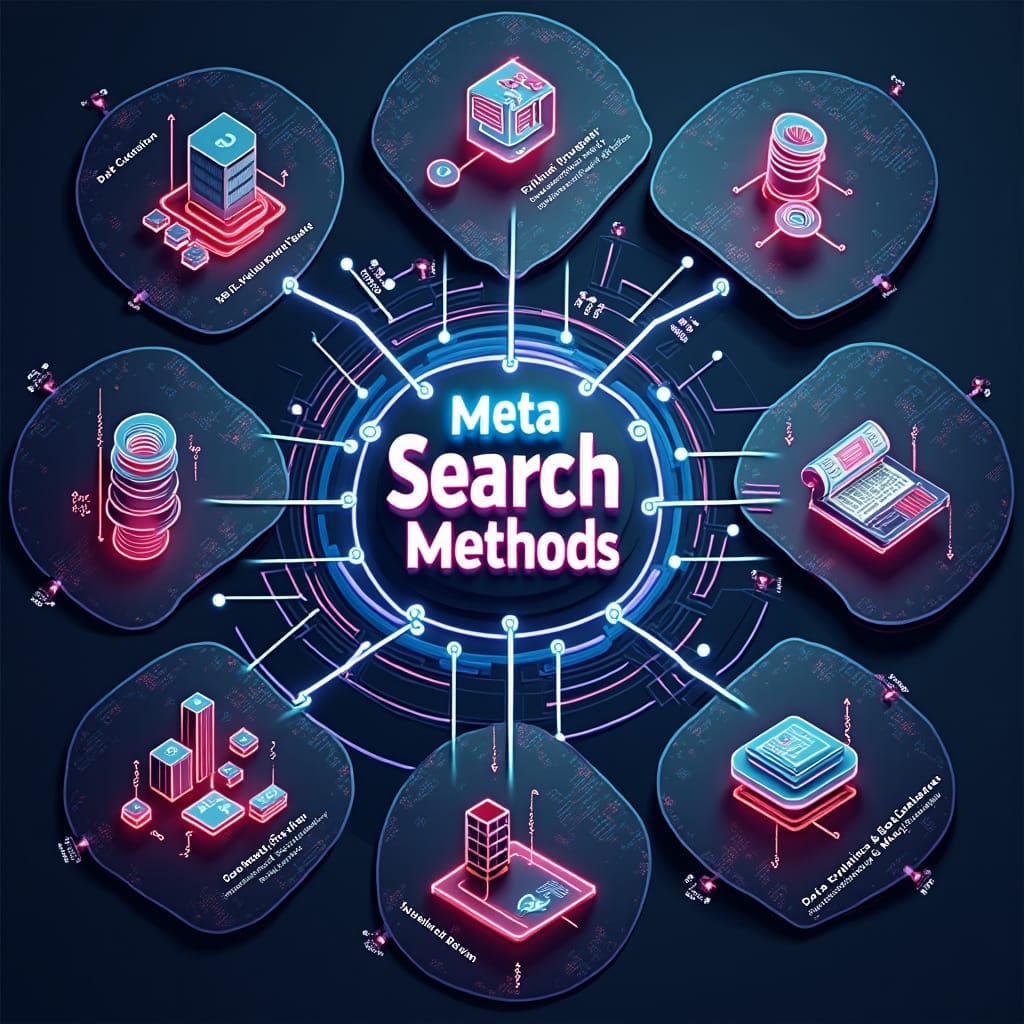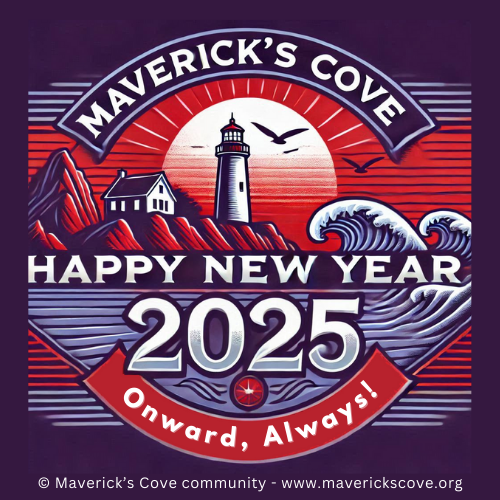Our Method : Meta Resarches

Maverick's Cove and its content is based on evidence and science oriented methods to address most relevant questions of all life segments for a mental well-being. Following our comprehense overview:
Meta Search Methods ...
Meta search methods are powerful tools for synthesizing evidence from multiple studies to answer specific research questions. By systematically combining and analyzing findings from various sources, including single studies and reviews, meta-analyses provide a more comprehensive and reliable understanding of complex phenomena.
Key Concepts and Methods
- Systematic Review: A rigorous process of identifying, appraising, and synthesizing relevant research evidence.
- Meta-Analysis: A statistical technique used to combine the results of multiple studies to produce a single estimate of the effect size.
Mathematical and Statistical Models
- Fixed-Effect Model: Assumes a common effect size across all studies.
- Random-Effects Model: Accounts for heterogeneity between studies, allowing for variations in effect sizes.
- Inverse-Variance Weighting: A statistical method that assigns weights to studies based on their precision.
Data Profiling, Mining, and Aggregation
- Data Profiling: The process of analyzing data to understand its characteristics, such as data types, missing values, and outliers.
- Data Mining: The discovery of patterns and relationships within large datasets.
- Data Aggregation: The process of combining data from multiple sources into a single dataset.
Data Evaluation and Meta-Databases
- Data Evaluation: Assessing the quality and relevance of data sources.
- Meta-Databases: Centralized repositories of research findings, facilitating efficient retrieval and analysis.
Software Tools and Meta Search Engines
- Review Manager (RevMan): A widely used software tool for conducting systematic reviews and meta-analyses.
- Comprehensive Meta-Analysis (CMA): A statistical software package for meta-analysis.
- Google Scholar: A powerful search engine for academic literature.
- PubMed: A biomedical literature database.
- Web of Science: A multidisciplinary citation index.
Applications Across Disciplines
We can use Meta search methods with broad applications across various fields shaping our modern lifes:
- Healthcare: Evaluating the efficacy of treatments, assessing risk factors, and informing clinical practice guidelines.
- Education: Examining the impact of educational interventions, analyzing student performance, and optimizing teaching strategies.
- Human Sciences: Investigating social and behavioural phenomena, understanding human development, and exploring cultural differences.
- Engineering: Analyzing the performance of engineering systems, evaluating the effectiveness of design methodologies, and identifying areas for improvement.
- Food/Nutrition/Farming/Climate: Assessing the impact of agricultural practices, evaluating the nutritional content of foods, and understanding the effects of climate change on food production.
- Fashion/Textile Industries: Analyzing consumer trends, evaluating the environmental impact of textile production, and developing sustainable fashion practices.
- Energy Sector: Assessing the performance of renewable energy technologies, evaluating energy efficiency measures, and understanding energy consumption patterns.
- Transportation/Logistics/Mobility: Analyzing the efficiency of transportation systems, evaluating the impact of infrastructure investments, and developing sustainable mobility solutions.
- Information and Communication Technologies: Evaluating the impact of digital technologies, analyzing user behavior, and developing innovative ICT solutions.
- Computer Sciences/A.I.: Assessing the performance of machine learning algorithms, evaluating the ethical implications of AI, and developing advanced AI systems.
By leveraging meta search methods, Maverick's Cove and it's researches can generate robust evidence to inform decision-making, policy development, and future research.




Comments ()